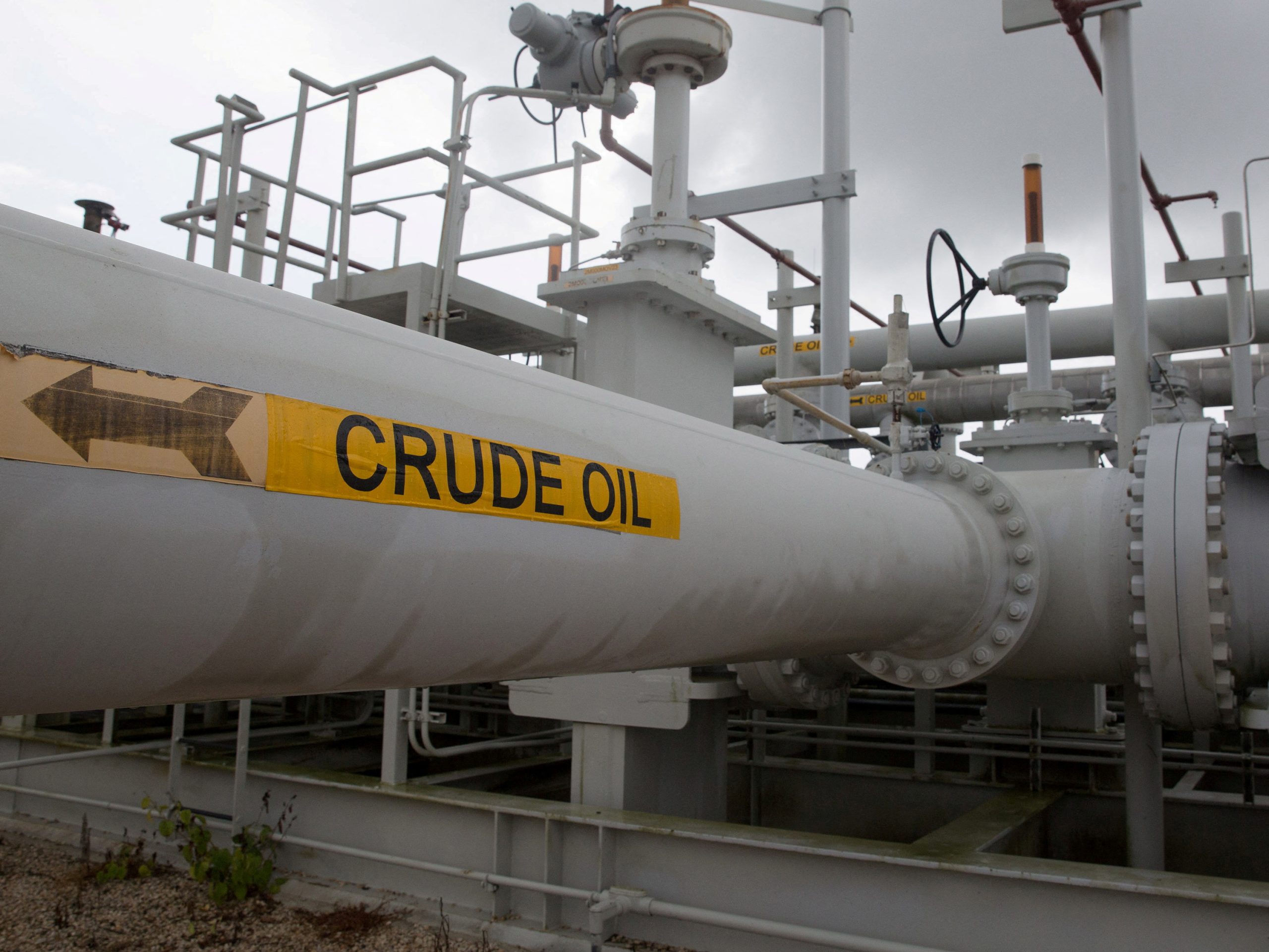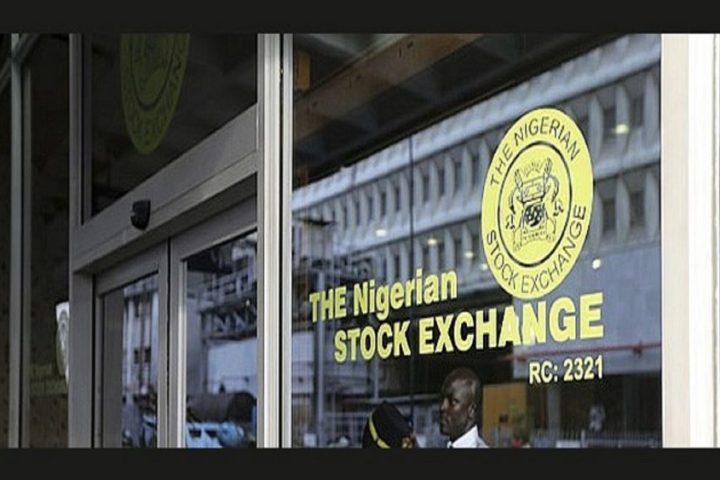The Nigerian Federal Government announced that it has officially begun selling crude oil and refined petroleum products in naira, an initiative that took effect on October 1, 2024.
The move is aimed at reducing pressure on the country’s foreign exchange reserves and strengthening the naira.
Join our WhatsApp ChannelA statement released by the Ministry of Finance through its X handle (formerly Twitter) confirmed the launch. “The sale of crude oil and refined petroleum products in naira has officially commenced as of October 1, 2024,” the ministry noted. However, it did not provide specific details regarding the pricing mechanisms or contractual agreements with refineries.
Naira-for-Crude Aims to Boost Economy
The Naira-for-Crude initiative is part of a broader economic strategy designed to reduce Nigeria’s reliance on foreign currency for essential transactions. By paying for crude oil in naira, the government hopes to eliminate unnecessary transaction costs and improve the availability of petroleum products across the country. This policy shift was endorsed by the Federal Executive Council (FEC) and is a major element of the administration’s effort to stabilize the naira.
“The sale of crude in naira will also help reduce the pressure on our foreign exchange reserves,” the Minister of Finance stated during a meeting on October 3, 2024. The meeting, which served as a post-commencement review, was attended by key stakeholders, including officials from the Nigerian National Petroleum Company (NNPC), the Dangote refinery, and the Nigerian Upstream Petroleum Regulatory Commission.
NNPC and Dangote Refinery in Key Partnership
Under the Naira-for-Crude plan, the NNPC will supply 385,000 barrels per day (bpd) of crude oil to the Dangote refinery. In exchange, the refinery will provide refined petroleum products such as petrol and diesel to the Nigerian market, all transactions being paid for in naira.
READ ALSO: Naira-for-Crude Deal Delayed Despite October 1 Deadline
“The Dangote refinery will supply PMS (petrol) and diesel of equivalent value to the domestic market to be paid in naira,” a government official disclosed. He also mentioned that diesel from the refinery would be sold in naira to any interested buyers, while petrol would only be sold to the NNPC for distribution to marketers.
When asked about the status of the deal, Mr. Dare Adekanbi, Special Adviser on Media to the Federal Inland Revenue Service (FIRS) Chairman, confirmed that the arrangement between NNPC and Dangote refinery was still intact. “The plan for crude oil supply to the Lekki-based plant remains on track,” he said.
However, officials at the Dangote refinery remained tight-lipped when contacted for further updates on the deal.
Stakeholders and Regulatory Framework
The Federal Government has taken steps to streamline the process and ensure smooth implementation of the Naira-for-Crude policy. The initiative has received support from various regulatory bodies, including the Nigerian Midstream and Downstream Petroleum Regulatory Authority (NMDPRA) and the Federal Ministry of Finance.
“All associated regulatory costs, including fees from the Nigerian Ports Authority (NPA) and the Nigerian Maritime Administration and Safety Agency (NIMASA), will also be paid in naira,” officials said. A one-stop shop is being set up to coordinate services from regulatory agencies and ensure seamless operations for the Naira-for-Crude initiative.
Representatives from key stakeholders such as the Nigerian National Petroleum Company (NNPC) and the Dangote Group attended the post-commencement review meeting. “The implementation committee has worked closely with the NNPC and Dangote to finalize the modalities for this initiative,” the Minister of Finance added.
Potential Economic Impact
The Naira-for-Crude initiative marks a significant shift in Nigeria’s energy policy. By conducting these transactions in naira, the government aims to protect the local currency and stabilize the economy. Stakeholders believe that this could lead to a reduction in foreign exchange volatility, while also improving the availability of petroleum products across the country.
Although the full details of the agreement remain undisclosed, the government has emphasised that this is a strategic move to safeguard the national economy. “This initiative will reduce our dependency on foreign currency and open new doors for local businesses,” said a Ministry of Finance official.
With the Naira-for-Crude policy now in effect, attention will be focused on how this change influences the broader economy and whether it leads to a more stable exchange rate for the naira.
Emmanuel Ochayi is a journalist. He is a graduate of the University of Lagos, School of first choice and the nations pride. Emmanuel is keen on exploring writing angles in different areas, including Business, climate change, politics, Education, and others.


















Follow Us